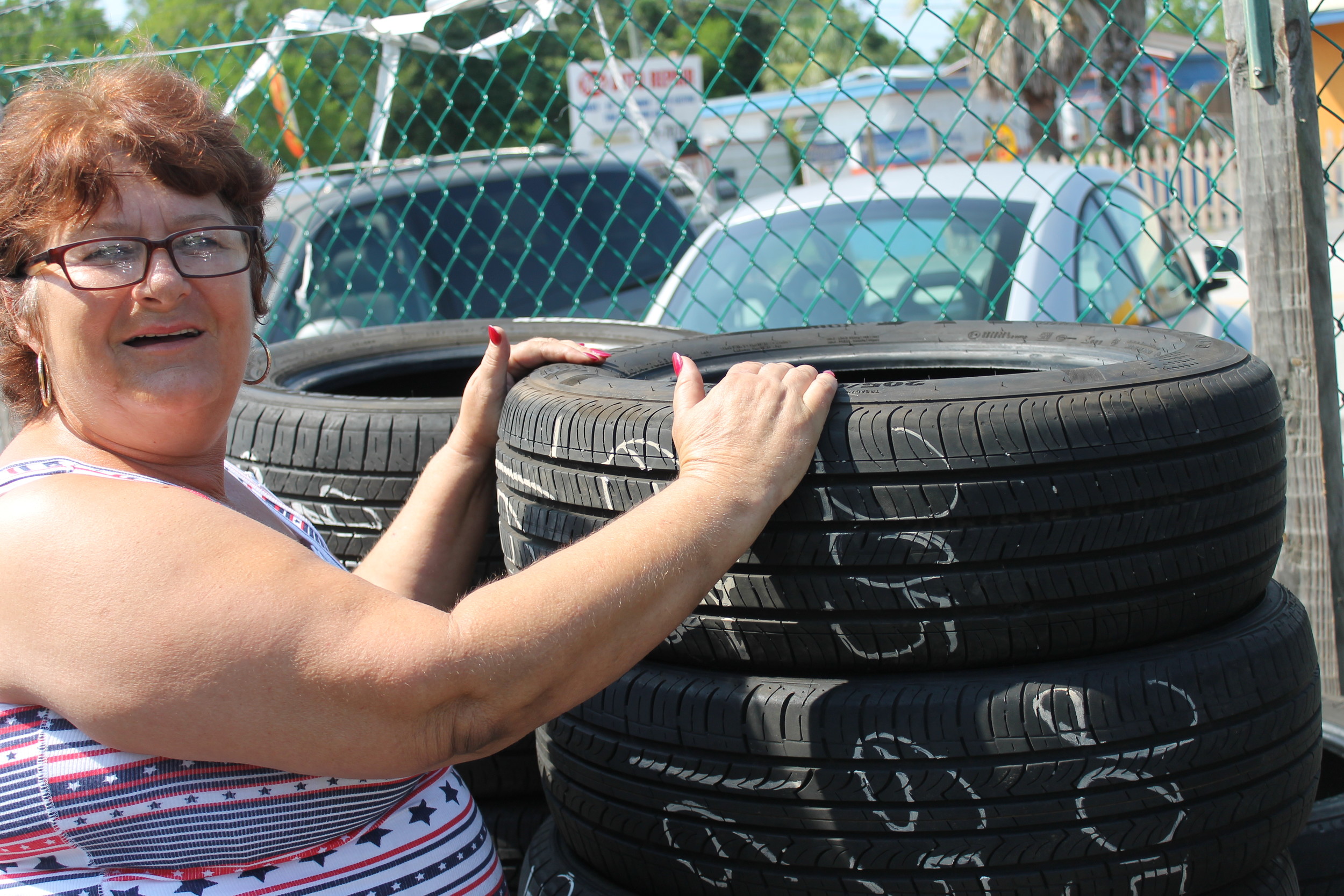Sheriff’s deputies, business team up on Zika virus
ORANGE PARK – As concerns over a potential Zika epidemic dominate headlines, the Clay County Sherriff’s Office is getting one step ahead of the deadly virus.
For the past few weeks, detectives …
This item is available in full to subscribers.
Attention subscribers
To continue reading, you will need to either log in to your subscriber account, or purchase a new subscription.
If you are a current print subscriber, you can set up a free website account and connect your subscription to it by clicking here.
If you are a digital subscriber with an active, online-only subscription then you already have an account here. Just reset your password if you've not yet logged in to your account on this new site.
Otherwise, click here to view your options for subscribing.
Please log in to continueDon't have an ID?Print subscribersIf you're a print subscriber, but do not yet have an online account, click here to create one. Non-subscribersClick here to see your options for subscribing. Single day passYou also have the option of purchasing 24 hours of access, for $1.00. Click here to purchase a single day pass. |
Sheriff’s deputies, business team up on Zika virus
ORANGE PARK – As concerns over a potential Zika epidemic dominate headlines, the Clay County Sherriff’s Office is getting one step ahead of the deadly virus.
For the past few weeks, detectives from the Clay County Sherriff’s Office have been going around the county educating business owners on the dangers that the Zika virus presents. However, they have been targeting some businesses that wouldn’t normally be associated with a virus at first glance – tire shops.
Tires holding standing water are something almost expected at any repair shop or scrap yard, but that should never be the case, as the dirty water creates a breeding ground for mosquitos.
While any standing water can attract disease-carrying mosquitos, tires are particularly susceptible due to their shape. The rubber material and enclosed space inside of tires, allows it to retain heat which acts as an incubator for mosquito larvae. The shape also makes it harder to simply dump the water out completely, generally needing some effort.
“We’re taking a proactive approach with this,” CCSO Environmental Detective Robert Dews said.
Dews is CCSO detective, in the environmental unit, which investigates everything from illegal dumping to public health concerns.
He and another detective have been traveling across the county with important literature for tire shop owners on how to protect themselves and the community from Zika concerns.
Clay County has the most number of Zika cases in Northeast Florida, with two. However, neither victim contracted the disease in the United States, and were a result of travel abroad. The CCSO is hoping that this proactive approach will prevent any further spread of the virus.
Earlier this month, news media and detectives visited establishments to check out the tire storage. On the detective’s checklist were 29 tire businesses, but special attention was necessary for businesses that have outdoor tire storage, such as Tire Place in Orange Park.
“I’ve never had an issue with mosquitoes,” said Lisa Crews owner of Tire Place. “No complaints at all.”
Crews’ business was just one of many in Clay County that were inspected. Dews did acknowledge that most of the county’s tire businesses don’t have an issue with their storage practices, but it still doesn’t undercut Crew’s dedication to maintaining safe storage.
“We have a community of houses in the back of us, if we do it properly, we don’t have a problem, we suck the water out and shake the tires,” said Crews. “We’re big on that, not only for the neighbors, but for myself and my employees because we don’t want to get bit either.”
The CCSO provided Crews and other business owner’s literature provided by the Florida Department of Environmental Protection. Some important tips they listed include storing no more than 1,500 tires a month, disposing of waste tires at a solid waste management facility permitted by the DEP, and a reminder that business owners remain responsible for tires even after they are hauled away.
Proper disposal of tires is a way to prevent mosquitos from inhabiting a tire that was left on the side of the road or maybe in someone’s backyard, those tires are especially dangerous because no one is shaking them or inspecting them regularly.
Crews proudly hung her new found tire and mosquito information in her business for her costumers to read.
“I want my costumers to stay safe,” Crews said. “Whether they have tires or not, a lot of people have it in their minds that this is not even a problem, but it’s a big problem, if it goes worldwide a lot of people could lose their lives.”
Discovered in 1947 in Africa, 80 percent of people with Zika virus never show symptoms, according to Heather Parth, consortium epidemiologist for the Florida Department of Health serving Nassau, Baker, Clay, Flagler and Volusia counties. Parth told the Board of County Commissioners June 14 that Florida has 147 total travel-related cases of Zika not involving pregnant women and 38 cases among pregnant women regardless of symptoms.








